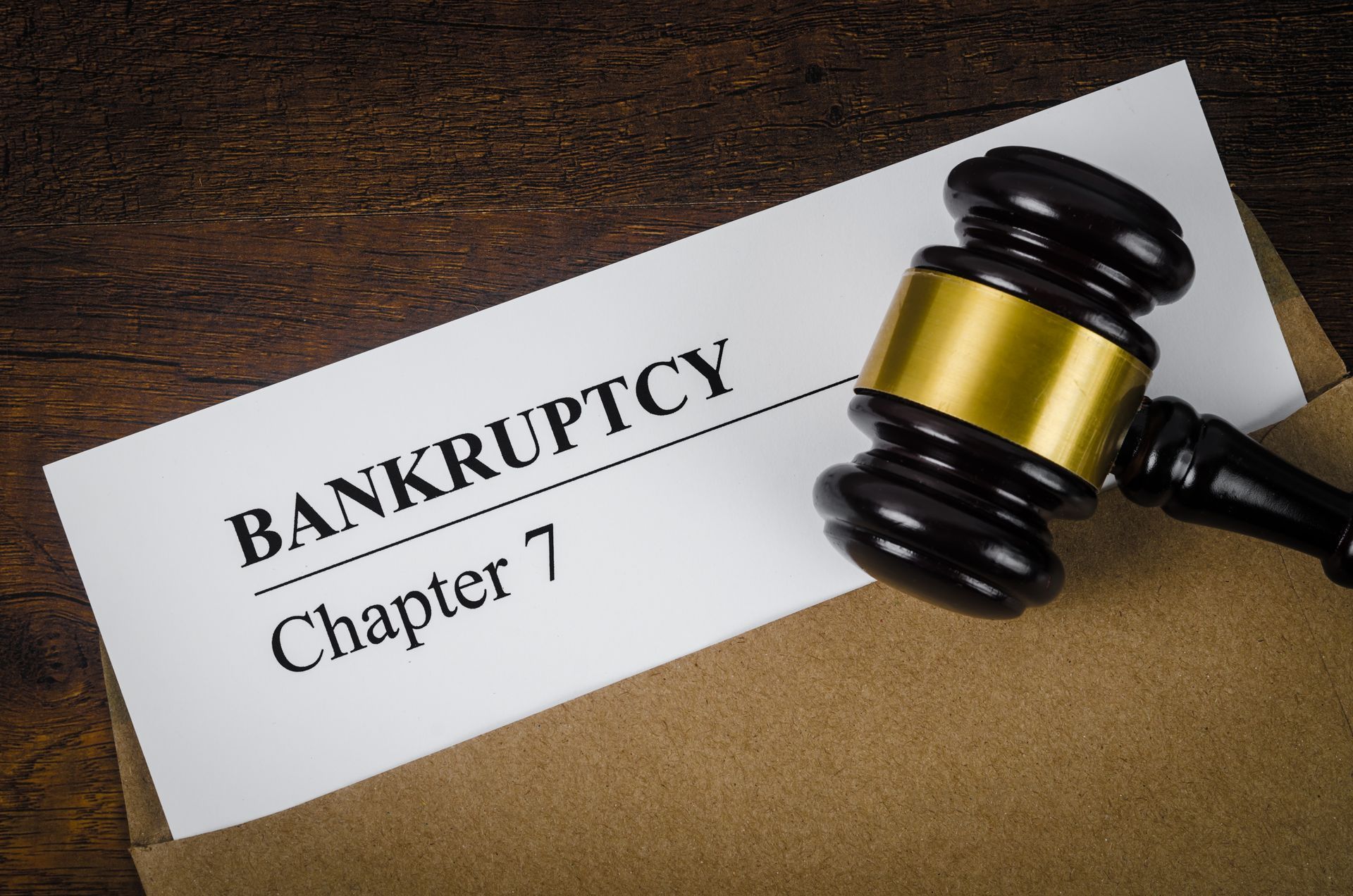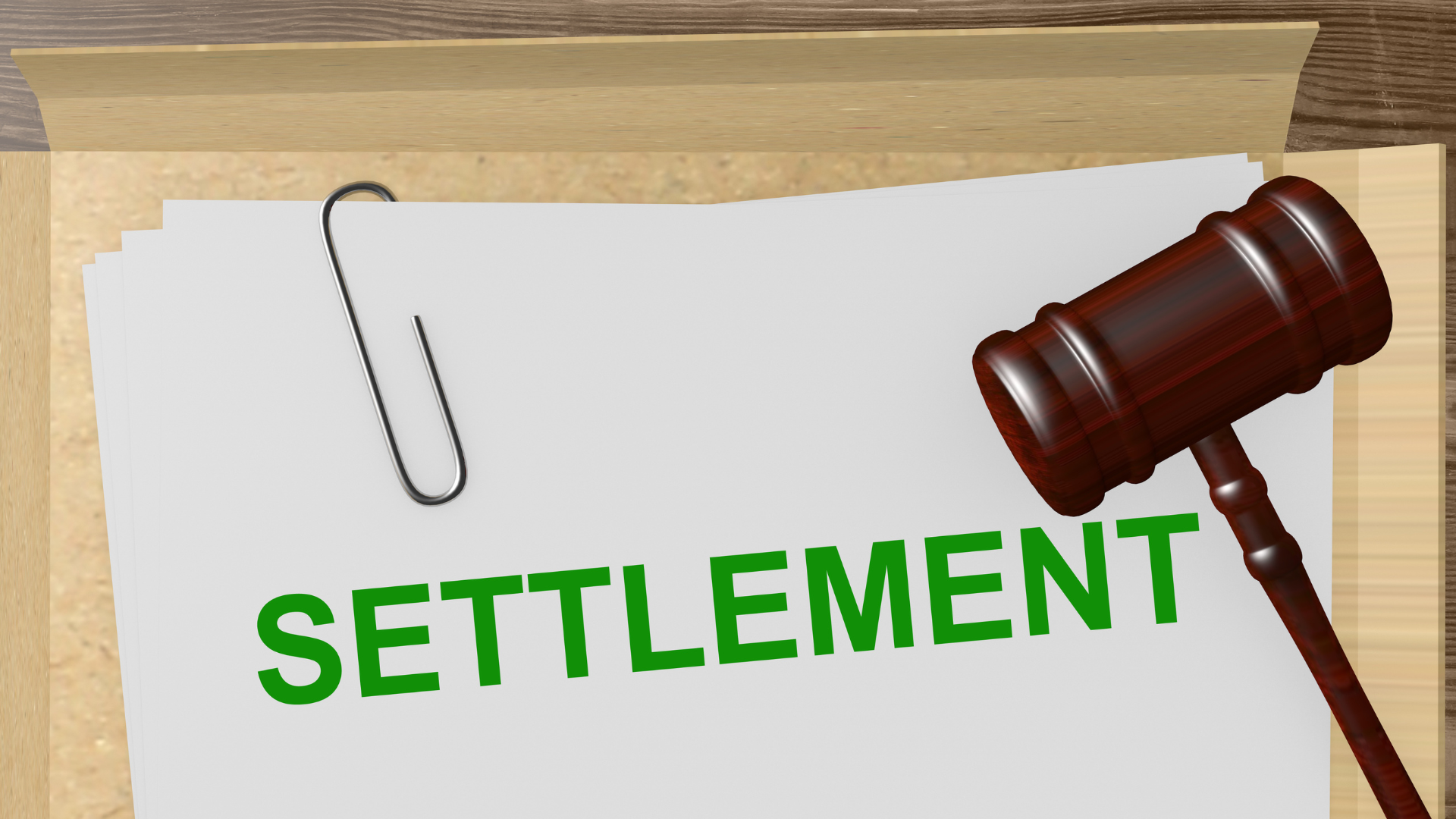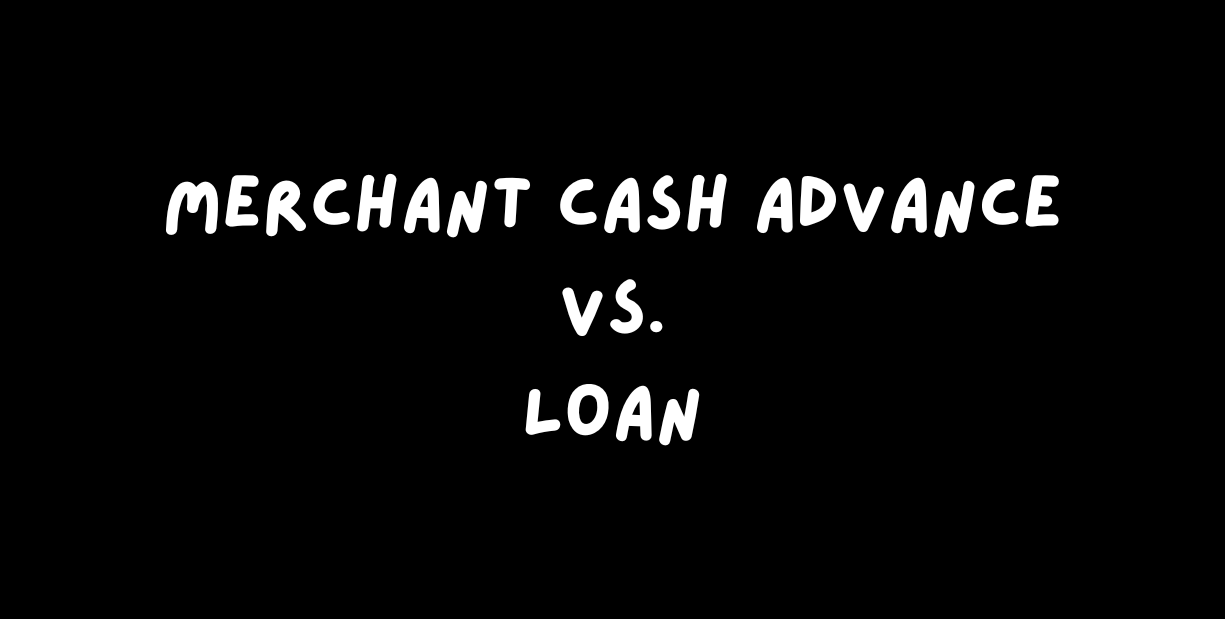Who Is Chapter 7 Bankruptcy For?
Who Is Chapter 7 Bankruptcy For?

What Is Chapter 7 Bankruptcy?
Chapter 7 bankruptcy, also known as "liquidation bankruptcy," allows individuals to eliminate most unsecured debts by liquidating non-exempt assets. It's a legal process governed by federal bankruptcy laws and overseen by a bankruptcy trustee.
Who Qualifies for Chapter 7 Bankruptcy?
To qualify for Chapter 7 bankruptcy , you must:- Pass the Means Test, proving your income is below your state's median or that you cannot afford to pay your debts through a Chapter 13 plan.
- Not have filed Chapter 7 within the past 8 years or Chapter 13 within 6 years.
- Have completed credit counseling from an approved agency within 180 days before filing.
Chapter 7 is often ideal for:
- Individuals with low income and high unsecured debt (e.g., credit cards, medical bills).
- Those who do not own substantial property or assets.
- People facing aggressive debt collection or wage garnishment.
Who Should Avoid Chapter 7 Bankruptcy?
Chapter 7 may not be the best solution if:
- You have non-exempt assets you want to keep (like a second home or valuable heirlooms).
- Your debts are primarily secured debts (e.g., mortgage, car loans), which Chapter 7 may not discharge.
- You are trying to catch up on mortgage or car payments, which Chapter 13 might better facilitate.
Benefits of Chapter 7 Bankruptcy
- Immediate automatic stay halts creditor actions.
- Quick discharge of qualifying debts (typically 3-6 months).
- No repayment plan required.
- Offers a fresh financial start.
Drawbacks of Chapter 7 Bankruptcy
- Potential loss of property.
- Remains on your credit report for 10 years.
- Difficult to obtain certain loans shortly after discharge.
- Not all debts are dischargeable (e.g., student loans, child support).
The Chapter 7 Bankruptcy Process
- Credit counseling session.
- Filing the petition and schedules with the bankruptcy court.
- Automatic stay goes into effect.
- Appointment of a bankruptcy trustee.
- 341 meeting of creditors.
- Possible asset liquidation.
- Debt discharge within a few months.
How J. Singer Law Group Can Help
We offer compassionate, professional legal guidance throughout your bankruptcy journey:
- Conduct a thorough financial analysis to determine if Chapter 7 is suitable.
- Assist with the Means Test.
- Help protect your exempt assets.
- Represent you during all proceedings.
Alternatives to Chapter 7 Bankruptcy
- Chapter 13 Bankruptcy – Repayment plan over 3–5 years.
- Debt Settlement – Negotiate reduced balances with creditors.
- Debt Management Plans – Consolidate payments through a nonprofit agency.











